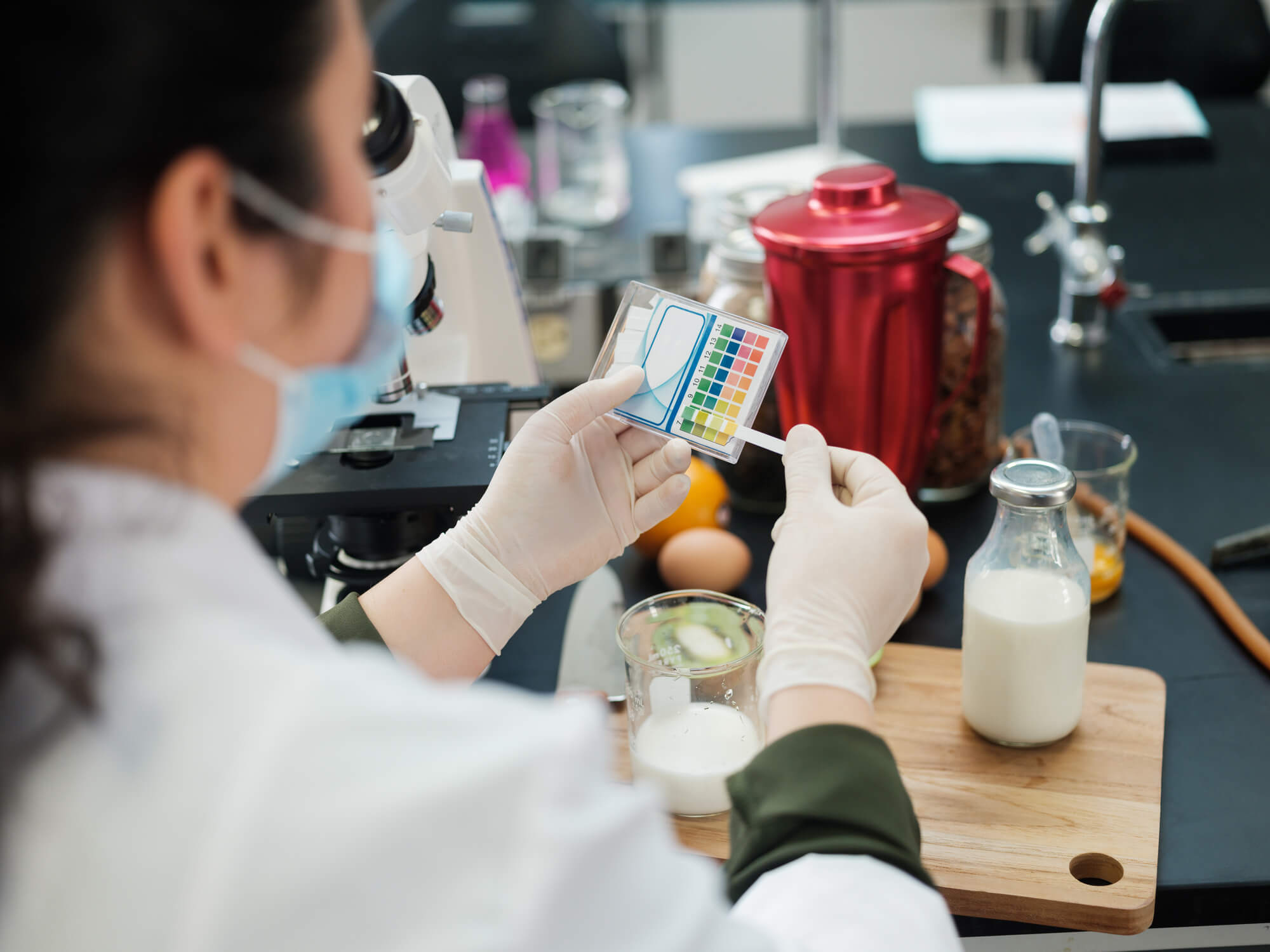Entrepreneurship in food and bio engineering
Overall Course Objectives
The aim of the course is for students to develop their entrepreneurial skills and competences by working with a defined idea and by identifying the right business model with clear market definition and finally develop a ready-to-go business plan. All case stories will be related to the food sector but can be based on ingredients, equipment design, raw material, or new values in food production and bio engineering.
Learning Objectives
- Describe the special entrepreneurial challenges in the food sector
- Identify business opportunities
- Develop business models
- Analyze markets for knowledge based products and services
- Set up questionnaires and interview customers
- Analyze customer value proposition
- Plan the establishment of a company (Business planning)
- Determine capital requirements
- Establish cash flow projection
- Establish budgets on profit/loss, assets/liabilities
- Specify management competence profiles
- Prepare a business plan
Course Content
The course will consist of lectures on entrepreneurship and presentation of cases throughout the course. Simultaneously, Students will work in groups (e.g. containing a student from each of the participating universities and/or an international student to maximize competences within business, engineering and science, and thereby utilize knowledge from this diverse group of students) on a project about how to make the case story, the group has been assigned, into a new business opportunity. The product of the group is a report including a (in the form of a) business plan based on the case story. Students will be introduced to the basic concepts of entrepreneurship and business development with emphasis on the distinctive features of the food industry, market shares and possible use of food technologies. Guest lecturers from industry and academia will provide inspiration for the project work developing the business plan on the case stories. Moreover, for initiating the project work a general introduction to the nature and basis behind the assigned case story will be provided to each group, enabling you to fully understand the aspects of your case. Finally, case owners and teachers will be available for discussing the relevant technical and business issues of the case.
Recommended prerequisites
The course is open for students (incl. MSc and BSc students) who have passed 100 ECTS points of their bachelor programme in Food science, Food technology, Biotechnology, Bio Engineering, Business or a related area. International students from non-English speaking countries must have sufficient English qualifications to participate actively at a high level in group discussions and report writing (Danish students are fluent in written and spoken English and international students are expected to be at the same level. If in doubt contact the course responsible in advance).
Teaching Method
The course will consist of lectures on entrepreneurship and business development and be related to real cases. Students will work in carefully designed groups on a project about how to make the case that they have been assigned into a new business opportunity. Teaching takes place at DTU.
Faculty
Remarks
The Danish Food and BioEconomy industry is among the best in the world to use knowledge and technology in the development of new products. Such knowledge-based growth is important for the future business opportunities. This course will provide the students with the newest knowledge on entrepreneurship within food and students will learn how to commercialize good ideas related to food.
Whether you have ambitions of launching your own business or just want to spice up your academic profile with competencies in entrepreneurship, the summer course will provide a great opportunity to develop your skills and learn from the professionals through company presentations. By completing the course, you will gain an understanding of and be able to present a plan for commercialization of an innovative product for the food industry.
In principle, this course is 3 weeks of full time teaching and learning activities from 08.00 – 17.00 each day. Some days may be a little shorter, and some a little longer depending on the exact activitiy and you will be informed of this at the start of the course. Minimum 80% presence during the course, must participate in group project work. If a student does not fulfill the course participation, the student must retake the course.
Limited number of seats
Minimum: 15.
Please be aware that this course will only be held if the required minimum number of participants is met. You will be informed 8 days before the start of the course, whether the course will be held.




